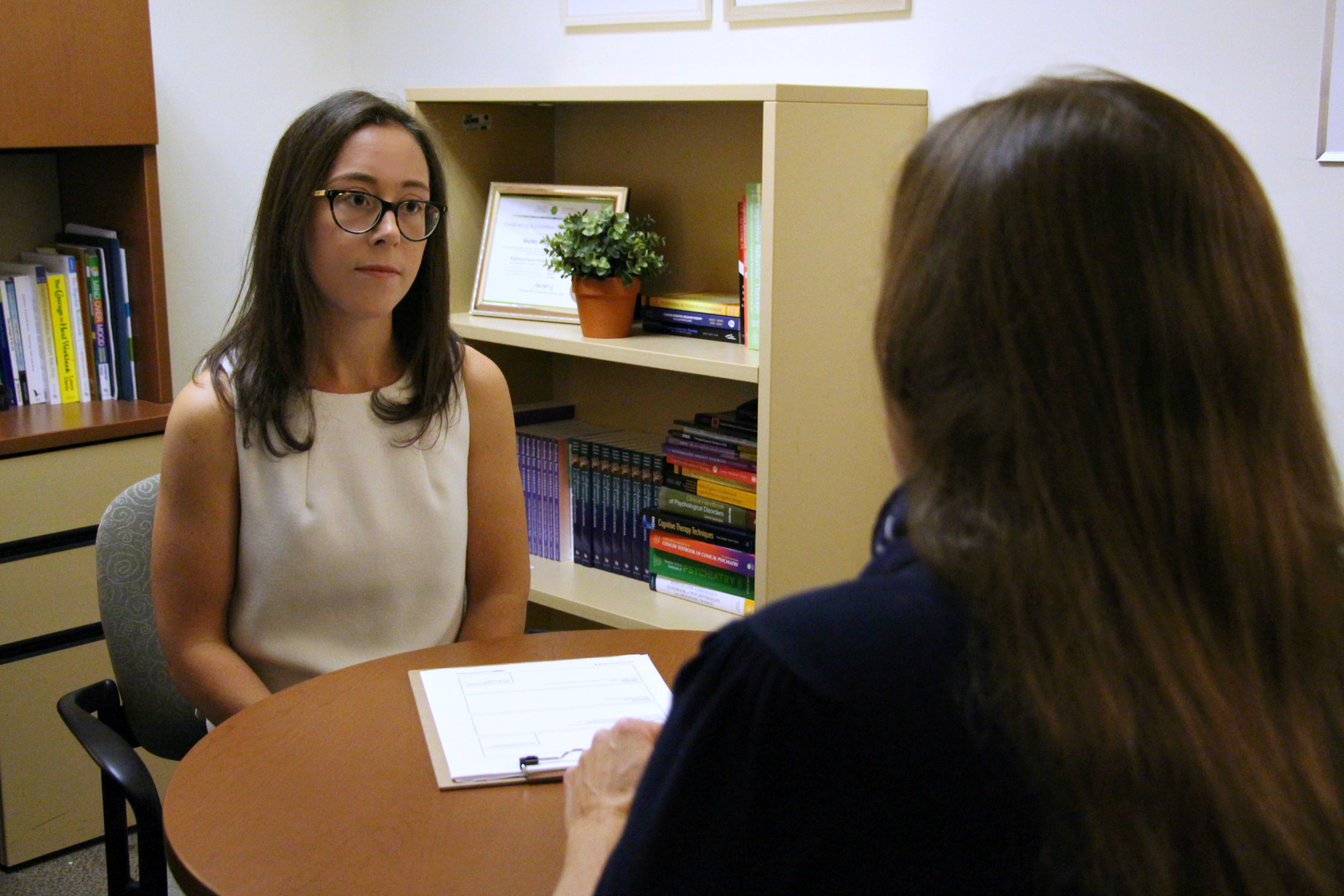Free short-term cognitive behavioural therapy (CBT) is now available for adults with depression, anxiety, obsessive-compulsive disorder and posttraumatic stress disorder thanks to a new provincial initiative led in the Ottawa area by The Royal.
CBT is a problem-focused, goal-oriented therapy that teaches practical skills and strategies to manage mental health issues. It is proven to be effective and it’s usually one of the first therapies recommended for people with depression and anxiety. CBT works – when you can get it.
Access to CBT has been limited by the availability of publically-funded programs and, for some, by the cost of private treatment. Now, Ontario is addressing that through an initiative called Increasing Access to Structured Psychotherapy.
This initiative provides free CBT at locations across the community or over telemedicine – a secure video conference link. The Royal is working in partnership with nine community-based health care providers to provide the therapy to patients, who must be referred by their family doctor or nurse practitioner.
"At the beginning of therapy we are developing an understanding of how the depression or anxiety disorder impacts the person’s life."Hayley Masterson is a social worker and one of the new program’s trained CBT therapists at The Royal. She explains that while CBT is very structured, it’s also very personal. A central focus of the therapy is helping patients understand how their mental illness functions in their lives and what they can do to manage it.
“At the beginning of therapy we are developing an understanding of how the depression or anxiety disorder impacts the person’s life,” says Masterson. Throughout the course of therapy, patients do ‘homework’, such as testing out new ways of thinking or new ways of doing things.
“We spend a lot of time talking about what was learned and how depression and anxiety affects how a person is thinking and feeling. From there we develop tools and strategies so the improvements that patients start to see in therapy can continue when therapy ends and when they hit a rough patch, they will be able to get through that,” she says.
Patients work with their therapists for approximately 12 sessions, focusing on a specific issue that the client and therapist agree to address. For more information about the initiative and how to refer, visit: http://www.theroyal.ca/mental-health-centre/medical-professionals/community-based-cbt-for-adults-with-mental-illness/
